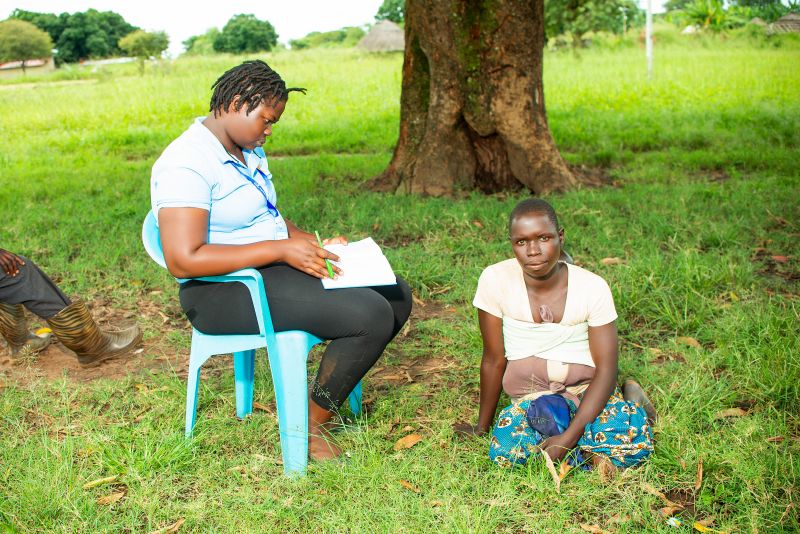By Adoch Susan, NCF Program Officer, Mental Health & Psychosocial Support
Email: susan.adoch@nwoyacharity.org
Uganda is globally recognized for its progressive refugee policies, making it one of Africa’s largest refugee-hosting nations. With over 1.5 million refugees, primarily from South Sudan, the Democratic Republic of Congo (DRC), Burundi, and Rwanda, Uganda has established a reputation for hospitality and inclusion. However, behind its commendable approach, challenges persist that demand urgent attention.
The reality behind Uganda’s refugee policy
While Uganda’s open-door policy is widely praised, life in refugee settlements presents many difficulties. Humanitarian aid is often underfunded, and donor fatigue has led to reductions in food rations and essential services. Scarce resources, particularly land and water, create competition between refugees and host communities, sometimes leading to tensions. Environmental concerns, such as deforestation and soil degradation, further complicate matters.
Economic struggles remain a formidable barrier to refugee independence, with limited access to employment, capital, or vocational training. Women and youth are especially vulnerable, facing high unemployment rates, exploitation, and gender-based violence. Education also suffers due to overcrowded classrooms, a shortage of qualified teachers, and language barriers preventing refugee children from adapting to the local curriculum.
Healthcare infrastructure in settlements is overwhelmed, and mental health support is critically lacking despite the high number of trauma-affected individuals. Reports of sexual and gender-based violence, child marriage, and human trafficking remain concerning, alongside ongoing land disputes and conflicts between refugees and host communities—particularly in areas like Palabek and Obongi in West Nile.
Pathways to sustainable solutions
Transforming Uganda’s refugee response requires an inclusive, multi-sectoral approach that prioritizes long-term solutions over emergency relief. Here’s how we can help:
- Increased funding and sustainable support
- Strengthen donor commitments to support grassroots organizations.
- Shift focus from aid dependency to self-reliance through agriculture, vocational training, and entrepreneurship.
- Strengthening refugee-host community relations
- Invest in shared infrastructure projects such as roads, schools, and health centers.
- Foster peacebuilding dialogues and conflict resolution initiatives.
- Expanding livelihood and skills training
- Offer vocational programs aligned with market needs.
- Enhance access to microfinance, savings groups, and small business grants.
- Partner with the private sector to create employment opportunities.
- Improving access to education
- Construct more classrooms and recruit trained educators.
- Introduce bilingual education programs to bridge language gaps.
- Provide scholarships for secondary and tertiary education.
- Enhancing health and sanitation services
- Expand healthcare access for refugee populations.
- Train both refugee and local health workers.
- Scale up mental health and psychosocial support services.
- Strengthening protection and security
- Implement comprehensive GBV prevention and response measures.
- Improve legal aid and protection services.
- Support community-based policing and security programs.
Conclusion
Uganda has made remarkable strides in refugee protection, but challenges remain. Sustainable solutions require collaboration between the government, international partners, civil society organizations like the Nwoya Charity Foundation (NCF), and the refugees and host communities themselves. With the right policies, funding, and engagement, Uganda can continue to stand as a beacon of hope and resilience for displaced populations.
